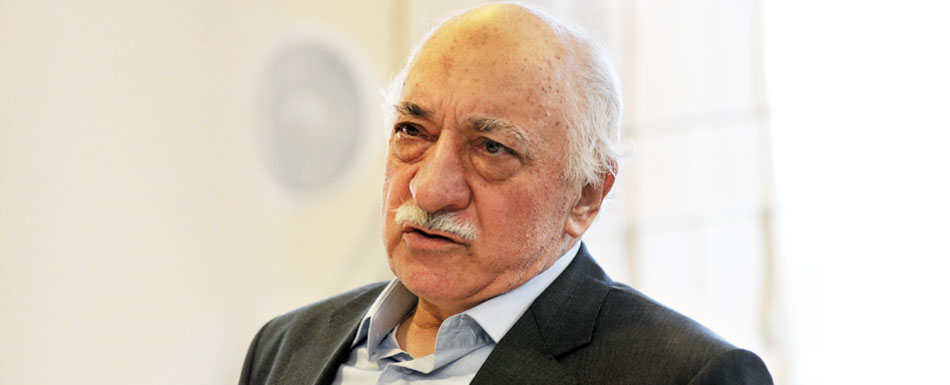How is the division of labor arranged in institutions and service networks of the Gülen Movement?

In the Gülen Movement, division of labor is based on formal rules in institutions, while in relational networks tasks are allocated in an informal manner according to the skills that each member is willing to contribute to a project.
As formal and institutionalized companies, the SMOs have brought the development of professionalized management in the Movement.
Participants recognize that division of labor, responsibility and managerial authority must be present. Therefore, social and professional control in any SMO is through direct supervision and formal standard rules or universally acknowledged sanctions. This social and professional control is also under constant supervision by the board of directors or trustees related to each SMO. This brings efficacy, the search for satisfactory internal relations and observance of legal boundaries.
An administrative role does not give anyone greater power or control over strategic resources, nor is it rewarded with significantly greater material advantages. Whether short-term or long-term, an undertaking or project does not provide any justification for any individual to take control of resources of collective action.
A managerial or administrative role requires greater commitment, liaison and a compatible and holistic relationship with all. However, commitment is regarded not only as a practical day-to-day aim but also a long-term goal for all participants, not just administrators of the SMOs.
The specialization of the activities of the various individual networks results in division of labor and roles. Participants acquire, develop or consult associative or professionalized expertise. In this way, grassroots and professionalized participants formulate proposals by consensus. The efficacy of projects and institutions is reported on by the media so that they can be emulated or improved on and obtain useful feedback.
Thus, while the grassroots provide a flow of resources, and the SMOs process and broadcast information and the outcomes, other networks, such as the media, are performing a kind of intermediate representational function.
- Created on .